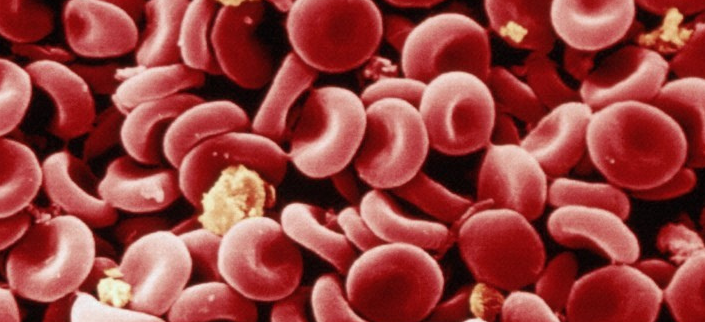Scientists potentially reverse the ageing process
Scientists have recently identified a protein that, when injected in to the bloodstream, could reverse the aging of tissue in organs. The protein has already been demonstrated to be successful when administered to mice, essentially transforming a failing heart in to a far stronger and healthier one.
Stem Cell Biologists at Harvard University have long suspected the existence of a protein in the blood that could reduce heart size and reverse the effects of aging. It took the research group several years to identify a substance that would be successful in doing this, but they have eventually succeeded. A protein, known as Growth Dependence Factor 11 (GDF 11), was discovered at high levels in the bloodstream of young mice and was found to diminish with age.
A mouse with a common form of heart failure, regularly seen in humans, was attached to a younger, healthier mouse using ‘parabiosis’ – the technique of merging the bloodstream of the two mice. After 30 days of exposure to the bloodstream, the heart of the older mouse was seen to have developed thinner muscle and was now identical to the heart of the younger mouse.
Heart failure is amongst the biggest killers in the world – it accounts for over a quarter of deaths in the UK and costs the NHS up to £19 billion every year. One of the causes of this is Diastolic heart failure – the enlargement and thickening of muscle in the heart. This development in medicine would help cure this strain of heart failure, and could potentially save the lives of thousands of people. However, the technique has yet to been tested on humans, as this would require up to five more years of research and trials.
There is some speculation about the claims of reversed aging. The results clearly show hearts of a reduced size and an anatomy identical to that of the younger mice. However, as of now, no tests have been done which look at the ability of the heart under physical activity, so it is still unknown as to whether the heart will perform at the same level as younger hearts.
As of yet, there have been no drugs developed that successfully treat age-related heart problems. Despite the protein being in the very early stages of development, and the possible limitations of the research so far, the continuation of testing the protein is vital. The research group are currently looking at GDF 11 and its effect on the other organs, hoping that the aging process can also be prevented elsewhere.
The reversing of aging and the prevention of organ failure look increasingly hopeful for the human race. In addition to GDF 11, breakthroughs have been made in several other areas. Stem Cell research has been conducted in growing new dopamine-producing cells that could be used to replace those that have been lost in the brains of Parkinson’s disease sufferers. The field of regenerative medicine has also suggested that, with the recent invention of 3D printing, it could eventually be possible to print out a new organ and transplant it in to the patient’s body.
It is possible that the GDF 11 breakthrough is not as potentially incredible as it seems – the protein may not be as successful in reversing the aging of human hearts as in mice. It could also be likely that it will simply just alter the heart in terms of size rather than ability. However, if this protein is successful in humans, the effect on medicine will be huge. The death rate will decrease rapidly, and the effects of old age on our bodies could be a thing of the past.

Comments